The Li-ion battery smells weird, slightly sweet, with a faint but distinct chemical smell. It's a clear warning sign from your device's power source. It often points to a leaking electrolyte, a hazardous situation that signals internal damage.
Table of Contents
- What Does a Li-ion Battery Smell Like?
- Why Does My Li-ion Battery Smell?
- Is a Swollen Li-ion Battery Smell a Warning Sign?
- How Can I Safely Handle a Smelly Battery?
- How Do I Prevent Li-ion Battery Smells?
- Bottom Line
- FAQ
What Does a Li-ion Battery Smell Like?
You know that smell when you unbox a brand-new electronic device? That’s a faint, harmless scent of plastics and manufacturing solvents, and it fades quickly. It’s the smell of “new.”
The smell of a dangerous Li-ion battery is completely different. It is your first clue that something’s wrong.
When a battery leaks or fails, it releases a persistent, sharp, and unsettling chemical odor. Think of it less like a "new car smell" and more like a "get-this-away-from-me" smell. This comes from electrolytes, like dimethyl carbonate, escaping the battery’s casing.
If you’ve ever smelled a leaking Li-ion battery, you know it's a pungent, slightly fruity scent similar to nail polish remover. Check if it’s coming from your device or battery pack.
It might start subtly, like a faint sweetness, but it grows stronger with damage.
It’s like a fruity solvent gone rogue. If you’ve smelled a leaking Li-ion battery, you’ll recognize that chemical kick. Pair it with swelling or heat, and it’s time to act.
Electrolyte blends can tweak the scent slightly, some lean alcoholic, others ester-like.
Why Does My Li-ion Battery Smell?
Several culprits can trigger that Li-ion battery smell. Knowing them helps you avoid trouble down the road.
Overheating Risks & Improper Charging
Overheating is a top cause of battery odors. Lithium-ion batteries don’t like it too hot or too cold.
It's normal for a battery to feel warm when charging or during heavy use. What's not normal is a battery that’s uncomfortably hot to the touch.
When a Li-ion battery gets too hot due to reasons like a faulty charger or extremely high ambient temperature, for example, leaving your smartphone on a car dashboard in the summer can cause temperatures to soar well above the safe operating limits (typically over 140°F or 60°C). It can trigger unwanted chemical reactions inside, releasing that characteristic smell.
This excessive heat is a sign of an internal short circuit or a condition called thermal runaway, where the battery's temperature rises uncontrollably due to thermal stress.
The same goes for charging. Using a cheap, uncertified charger that doesn't regulate voltage properly can overcharge the battery, leading to the same breakdown of the electrolyte, gas buildup, and that dreaded li ion battery smell.
If a device feels unusually hot, stop using it and unplug it immediately.
Also learn:
What is Li-Ion Battery Thermal Runaway (With A Safety Guide)
Damage and Leaks
Batteries are a bit like eggs: they look solid, but on the inside, they're made of very delicate, thin layers.
Physical damage, like a hard drop, a puncture, or even a significant dent, can squish these layers together, causing an internal short circuit.
When that happens, energy is released in an uncontrolled way, leading to heat, swelling, and electrolytes escaping.
The odor you’ve smelled is caused by the battery's electrolyte, a chemical cocktail that often includes solvents like dimethyl carbonate, leaking and reacting with the air.
It is why you should never use a battery that's been visibly damaged, no matter how minor it seems.
Even tiny dents can lead to leaks over time. Damage might compound silently.
Also learn
What Happens When a Lithium-Ion Battery Leaks? Your Complete Guide to Safety & Prevention
Poor Quality & Age
Low-cost batteries often cut corners by using lower-purity materials or skipping essential safety features.
As for age, even the best batteries degrade over time. After hundreds of charge cycles, the internal components naturally wear down, increasing the risk of failure.
But what if your battery’s puffing up? Let’s check that next.
Is a Swollen Li-ion Battery Smell a Warning Sign?
A swollen Li-ion battery smell screams danger. Swelling means gas is building up inside, often paired with that chemical odor. It’s a red flag you can’t ignore.
Swelling Explained
Have you ever noticed your phone case not fitting quite right, or the back of a device bulging slightly?
That's often a swollen Li-ion battery. Swelling happens when internal reactions, triggered by overcharging or defects, produce gas.
This swelling, a phenomenon known as gassing, happens when the electrolyte begins to decompose, releasing flammable gases. This bloat stresses the battery's casing until it leaks, creating a serious fire risk.
A swollen Li-ion battery smell might not always be present initially, but the puffiness itself is a critical danger sign.
Immediate Risks
A swollen, smelly battery risks fire or explosion. Stop using it immediately. Ventilate the area to avoid inhaling fumes, which can irritate the lungs.
|
Cause |
Description |
Risk Level |
|
Overheating |
Electrolyte breakdown from heat |
High (fire risk) |
|
Physical Damage |
Cracks from drops, punctures |
Medium (leak risk) |
|
Swelling |
Gas buildup, often with a chemical odor |
Critical (explosion risk) |
How Can I Safely Handle a Smelly Battery?
Quick Safety Steps
Step #1: Unplug and Isolate the Device
First things first: unplug the device from any power source. Move it to a non-flammable surface, away from your workspace.
Carefully move it away from anything flammable: wood, paper, carpets, you name it. A concrete floor in a garage or an outdoor space is your best bet.
Step #2 Ventilate
That chemical smell isn't just unpleasant; the fumes are toxic. Open some windows or step outside to get fresh air circulating and avoid directly inhaling the fumes.
Step #3 Don’t Use or Charge
Attempting to charge or use a damaged battery is like trying to put out a fire with gasoline. It dramatically increases the risk of a full-blown thermal runaway event. Just don't.
Step #4 Dispose Properly
You can’t just toss a compromised lithium-ion battery in the regular trash. Doing so is dangerous and, in many places, illegal.
Place the battery in a plastic bag to contain any further leaks, and contact your local e-waste or hazardous waste facility to ask for their drop-off procedure for damaged batteries.
|
Step |
Action |
Why It Matters |
|
Unplug and Isolate |
Disconnect the device, move to a safe surface |
Prevents fire risks |
|
Ventilate |
Open windows, clear fumes |
Avoids inhaling toxic battery fumes |
|
Don’t Use |
Avoid charging or powering the device |
Reduces explosion risk |
|
Dispose Properly |
Seal in a bag, recycle at a center |
Protects the environment, follows EPA rules |
Pro tip: Use gloves to avoid skin contact with leaks.
How Do I Prevent Li-ion Battery Smells?
Stop Li-ion battery smells before they start with smart habits. Here’s how.
Charging Best Practices
- Use the manufacturer’s charger—cheap knockoffs overheat batteries.
- Unplug at 80% to reduce stress.
- Store batteries at 50% charge in a cool, dry place, not your glovebox.
- Extreme heat or cold can degrade cells.
Shop EBL’s Smart Chargers & Batteries Combos
How EBL Engineers for Safety
Avoiding these scary situations initially depends on the quality and technology of the battery you select from the beginning.
Advanced Safety Circuits (BMS)
The job of a Battery Management System (BMS) is to monitor and protect each Li-ion cell.
This smart circuit prevents the root causes of failure: it cuts off power if it detects overcharging, stops the current if it senses a short circuit, and shuts things down if temperatures get too high.
It's an active, intelligent defense system that those cheap, no-name batteries simply don't have.
Rigorous, Real-World Safety Testing
Every EBL battery design goes through hell before it ever gets to you.
We don't just do the standard tests. We simulate real-world chaos: we crush them, puncture them, overcharge them, and shake them violently.
We do this to ensure they can withstand the accidental drops and stresses of everyday life.
This commitment to testing is a core part of what makes an EBL Li-ion battery a smarter choice.
PROCYCO™ Smart Charging
EBL proprietary PROCYCO™ technology isn't just about speed; it's about health.
It intelligently communicates with the battery to deliver the optimal voltage and current at every stage of the charging cycle, reducing stress and heat.
This not only extends the battery's life but also preserves its internal integrity, making failures far less likely.
Bottom Line
A strange smell from your battery is a signal you should never ignore.
It’s a clear sign to prioritize safety, take immediate and calm action, and recognize that the best long-term solution is choosing quality from the very beginning.
Your tech is supposed to bring you joy, convenience, and connection—not anxiety.
So, what's the next step?
Take a moment to think about the devices you rely on every day. Your phone, your laptop, the kids' favorite toys.
Are you using the right charger?
Are any of them looking a little puffy or getting unusually hot?
Being proactive is the single best way to prevent problems. Use the knowledge you've gained from this article to be more aware.
Have you ever had a scary battery moment? Share your experience in the comments below; it might just help someone else stay safe.
FAQ
Are lithium-ion battery fumes toxic?
Yes, the fumes from a leaking lithium-ion battery are hazardous and can cause respiratory irritation. You should avoid inhaling them and ventilate the area immediately.
How to tell if a lithium-ion battery is leaking?
Look for a sweet, chemical-like smell, a swollen or puffy casing, and any visible liquid residue on the battery or device.
Do lithium batteries give off gas?
Yes, when a lithium-ion battery overheats or fails, it can undergo a chemical reaction that releases flammable gases, causing the battery to swell.
How do I know if a lithium battery is safe?
A safe battery shows no signs of damage like swelling or dents, comes from a reputable brand with safety certifications (like UL or CE), and is used with its proper charger.
Do lithium batteries smell like sulfur?
No, a sulfur or rotten egg smell is characteristic of failing lead-acid batteries. A leaking lithium-ion battery typically has a distinct sweet, metallic, or acetone-like chemical scent.
Are there warning signs before a battery swells?
Often, a key warning sign is the battery becoming unusually hot to the touch during charging or use, which can happen before visible swelling occurs.
Do lithium batteries go bad if not used?
Yes, all lithium-ion batteries lose capacity over time, a process called self-discharge, even when they are not being used. Storing them at a partial charge in a cool place helps slow this degradation.

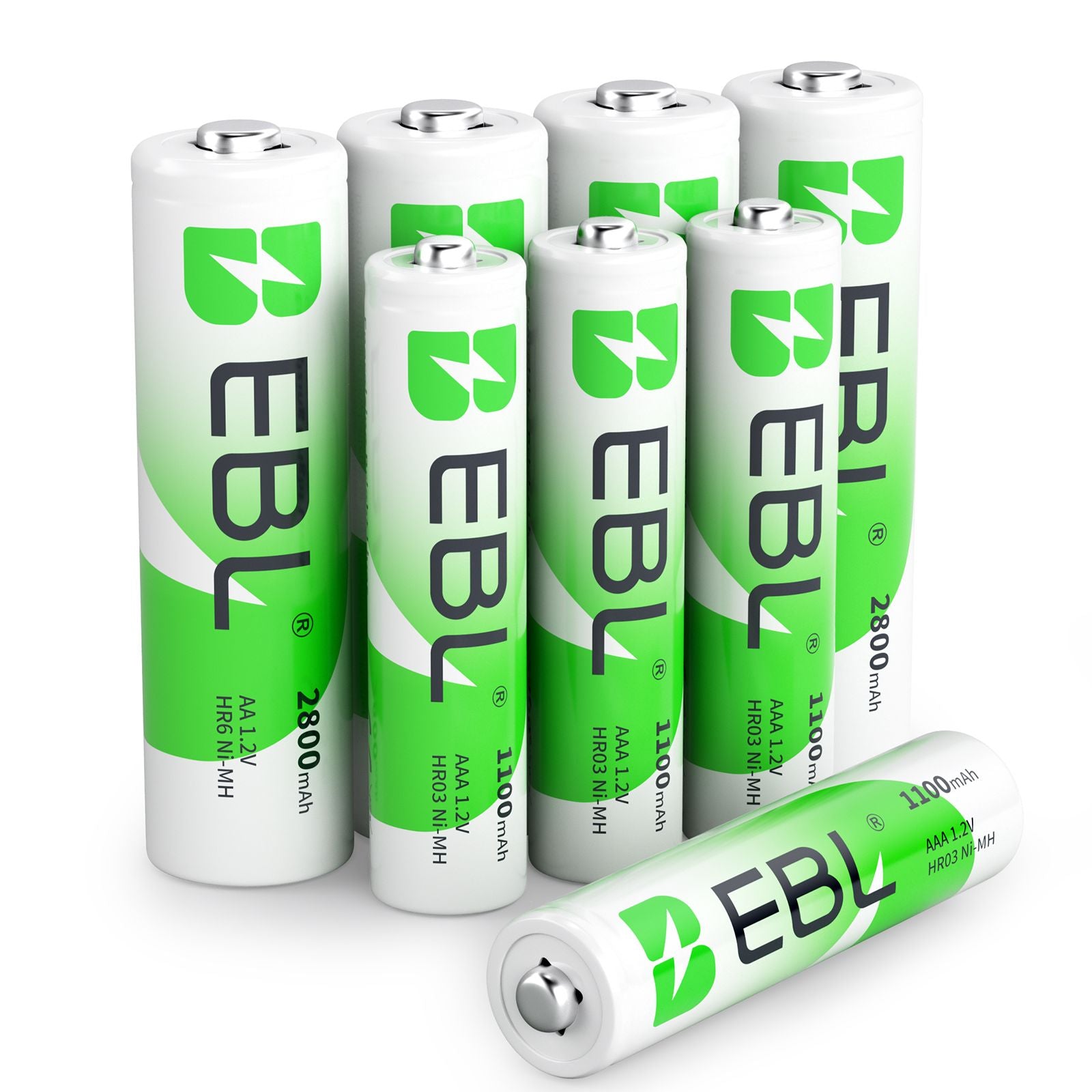
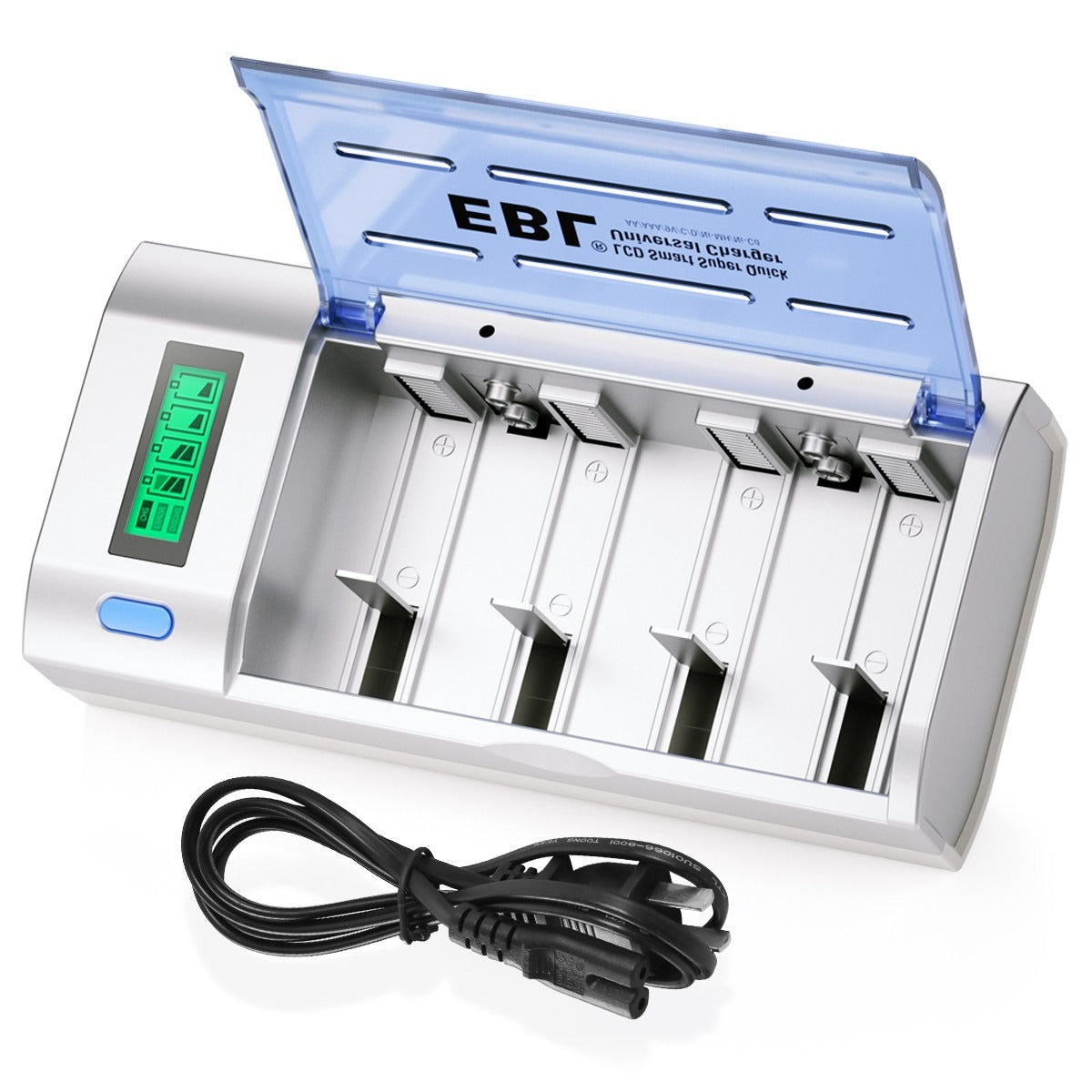
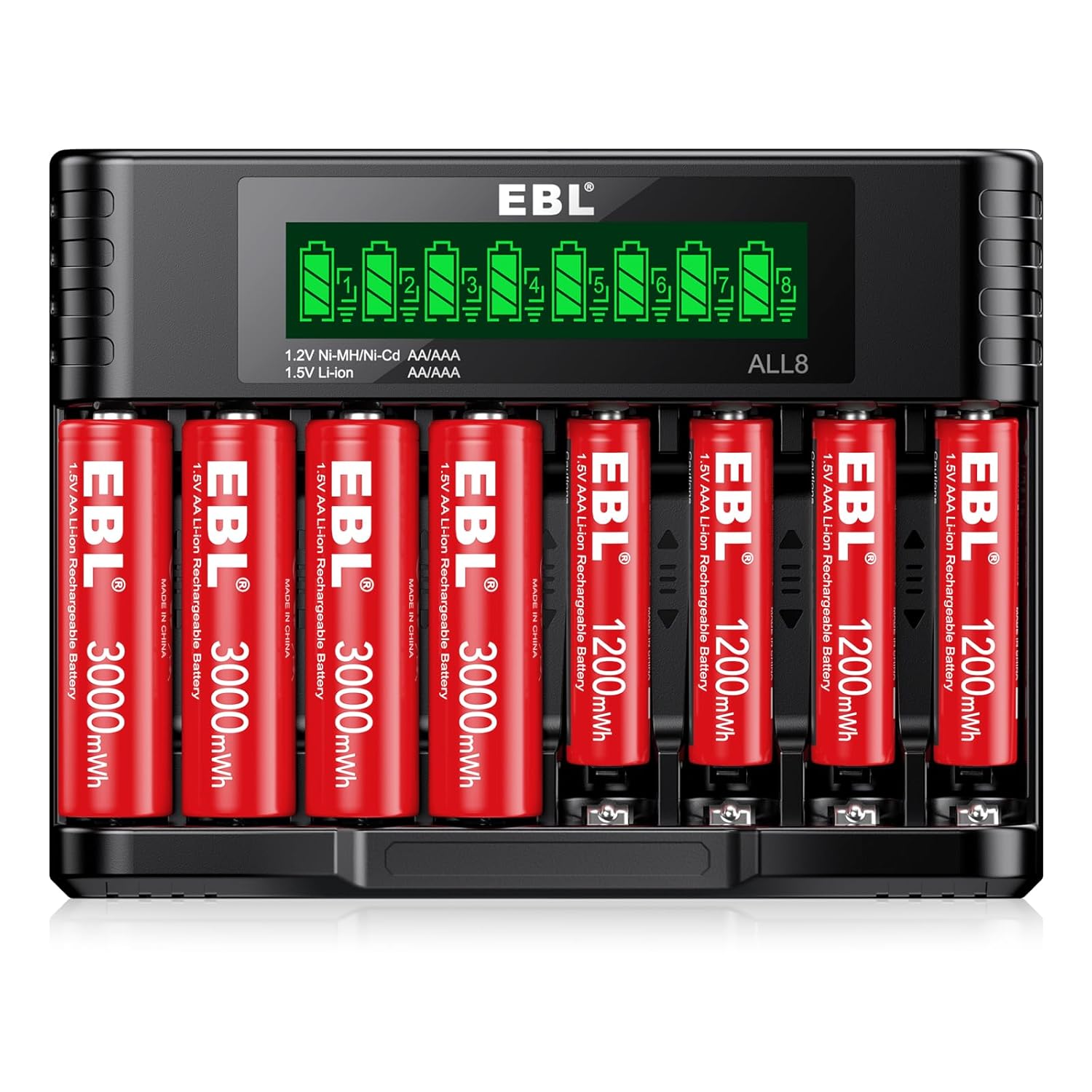

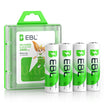
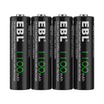
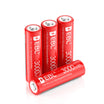
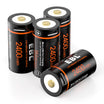
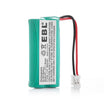
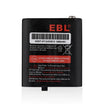
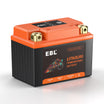


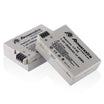
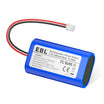
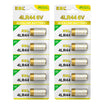
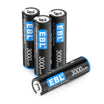
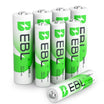
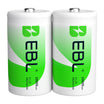
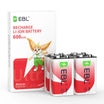
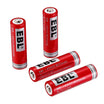
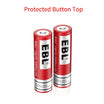
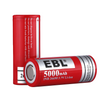
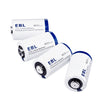
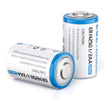
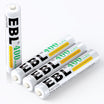
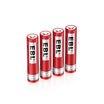
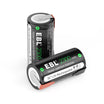
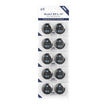
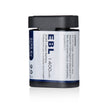
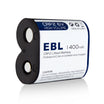
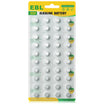
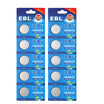
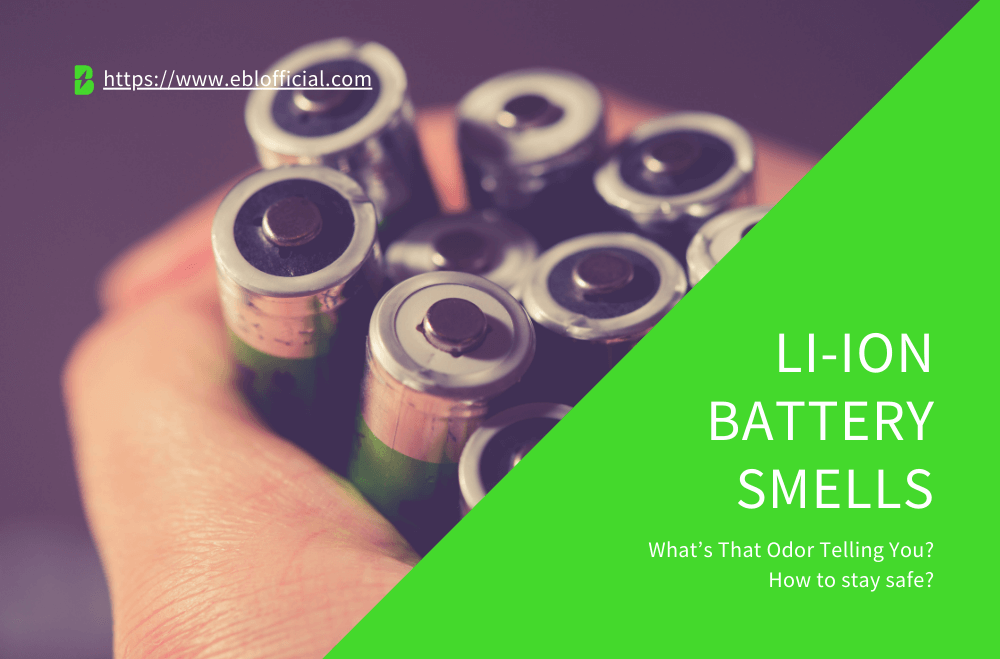


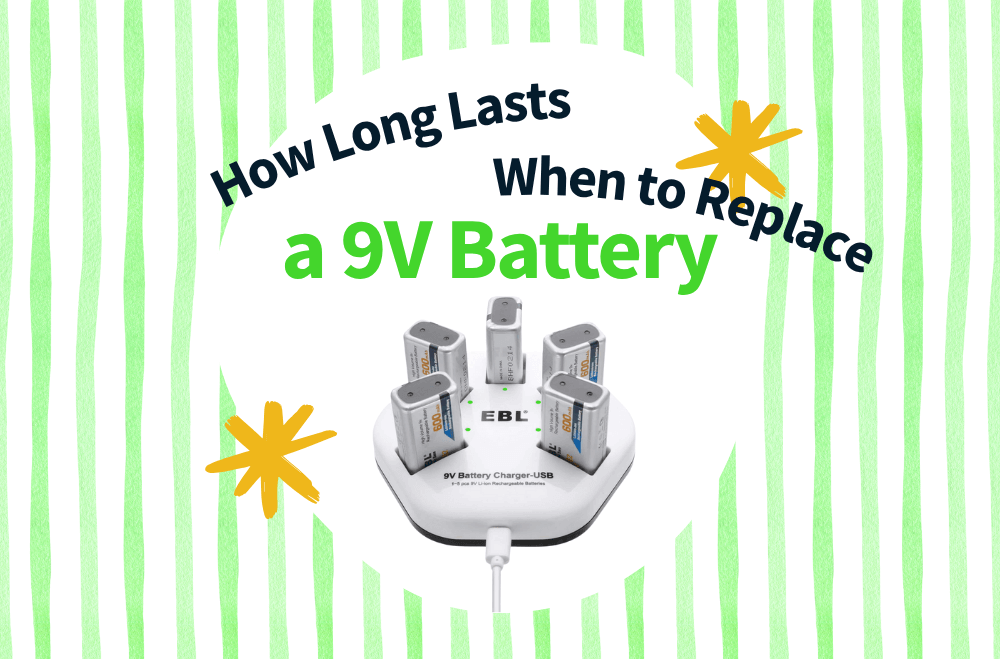
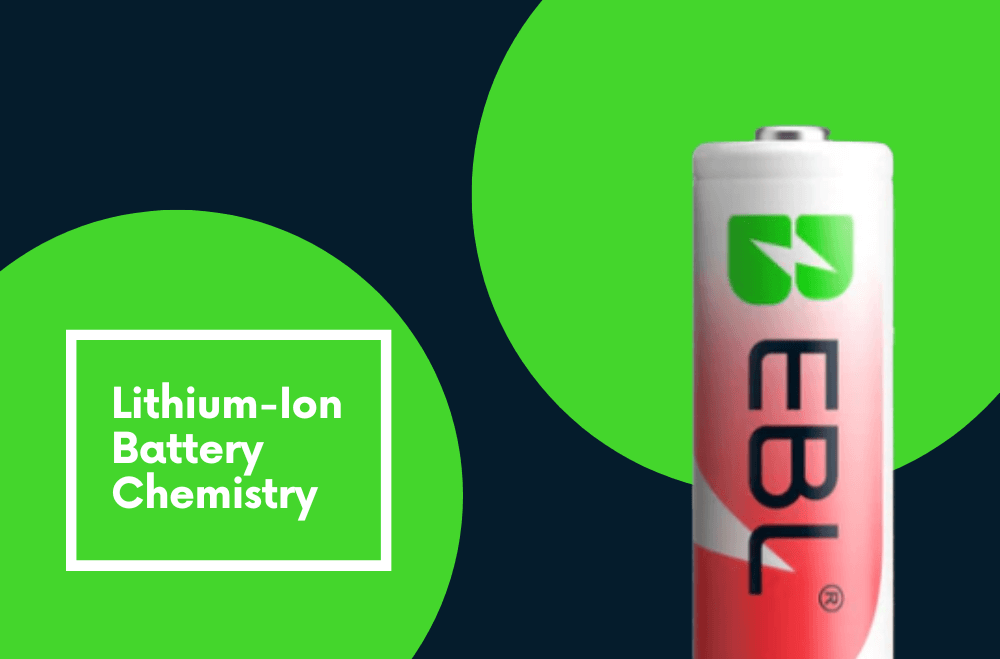
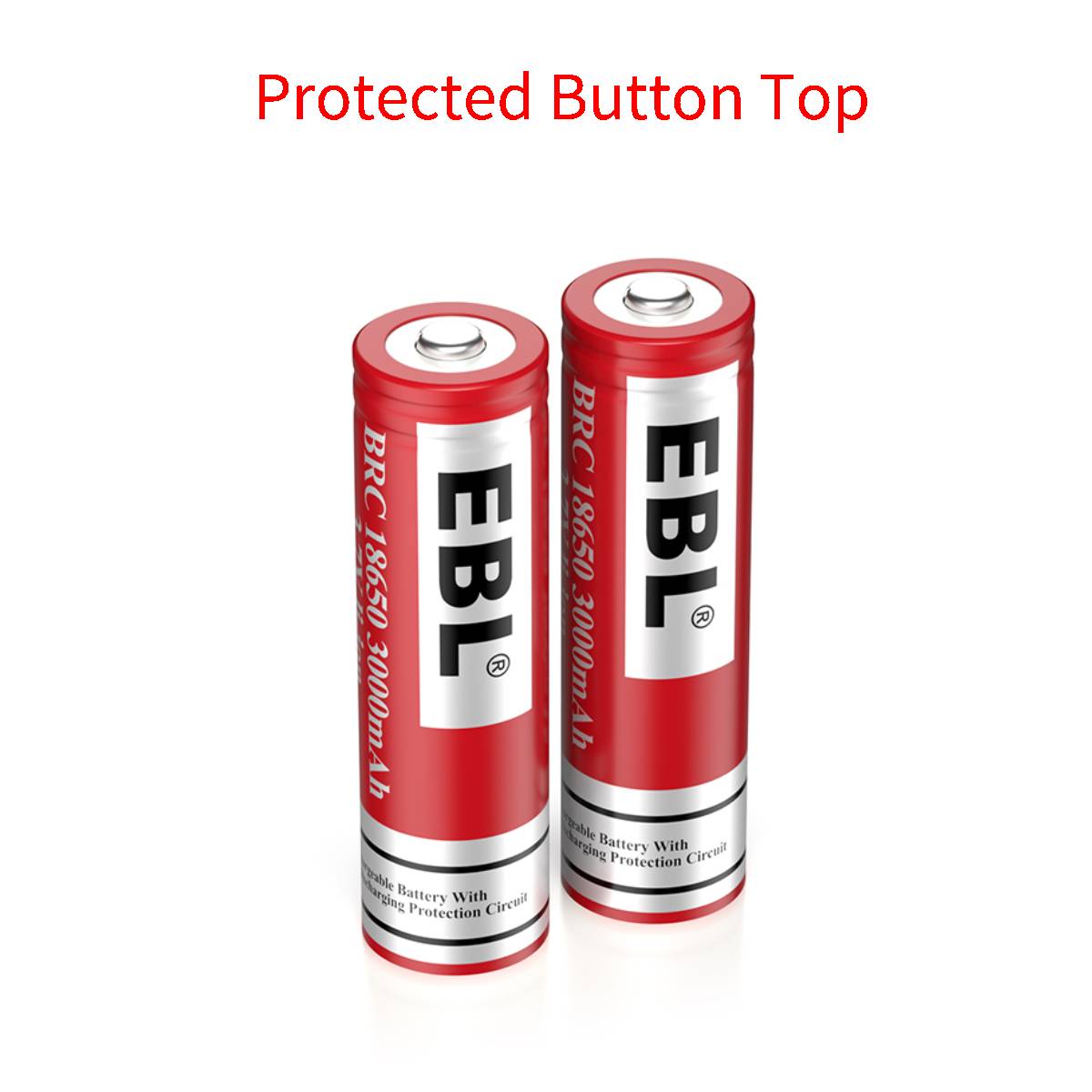
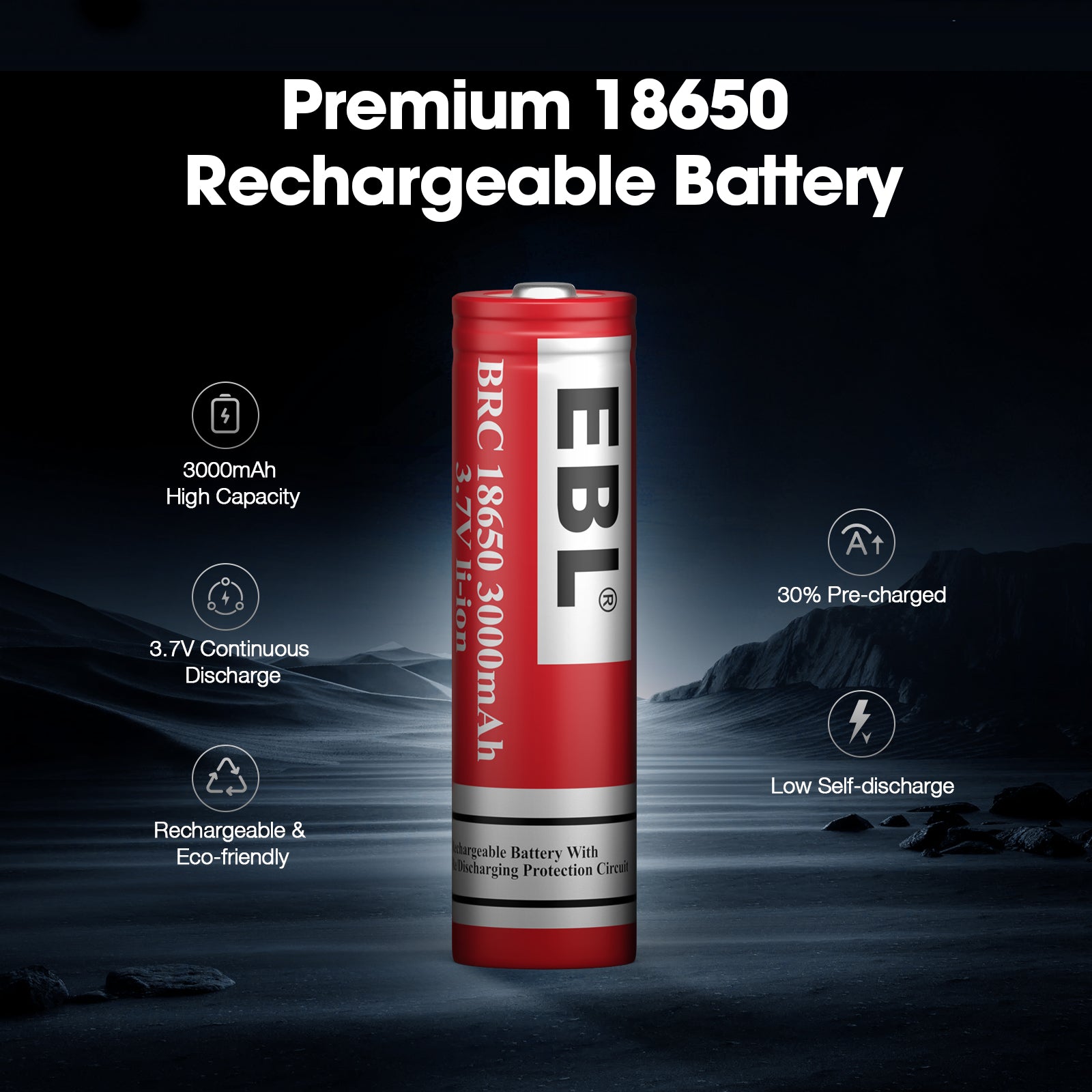
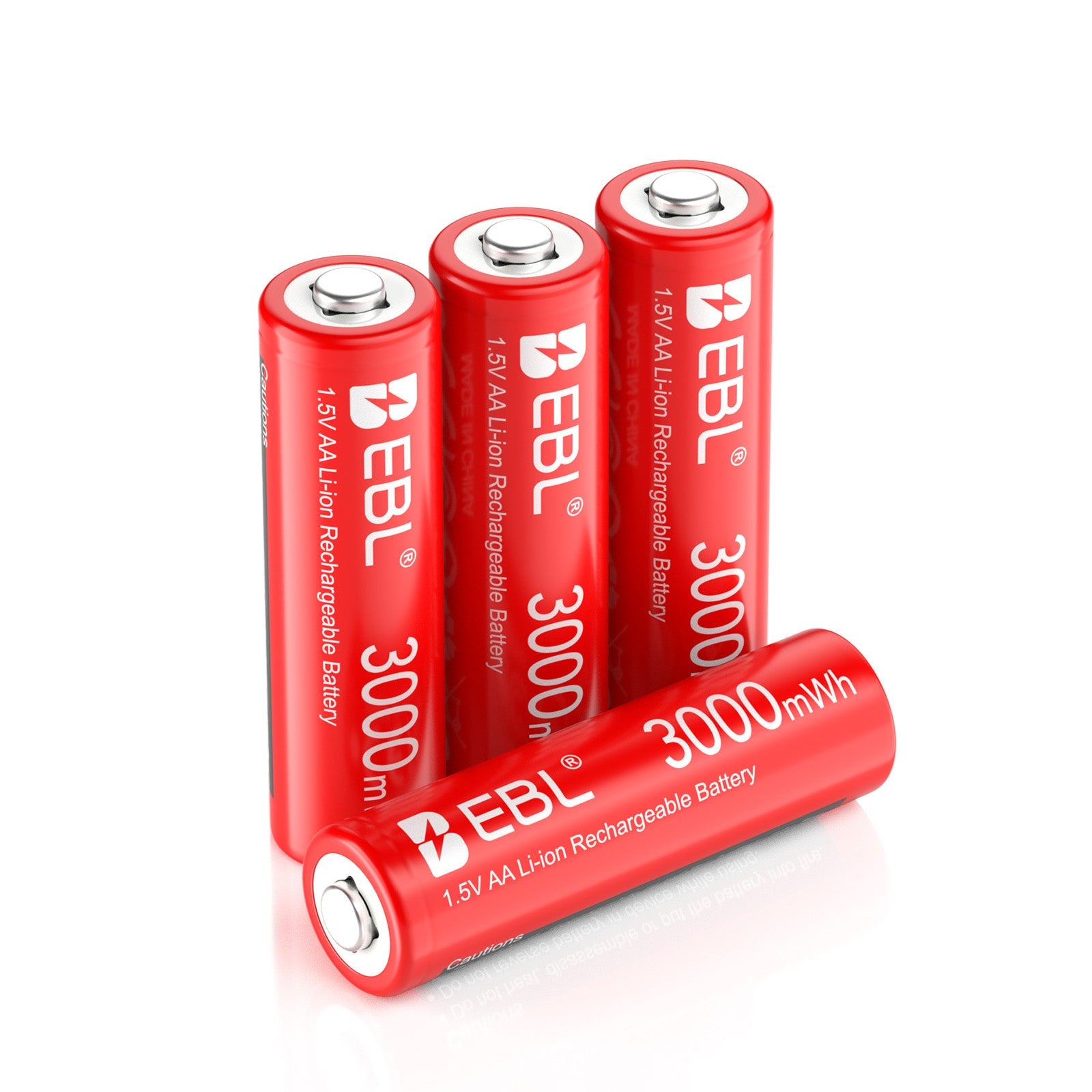
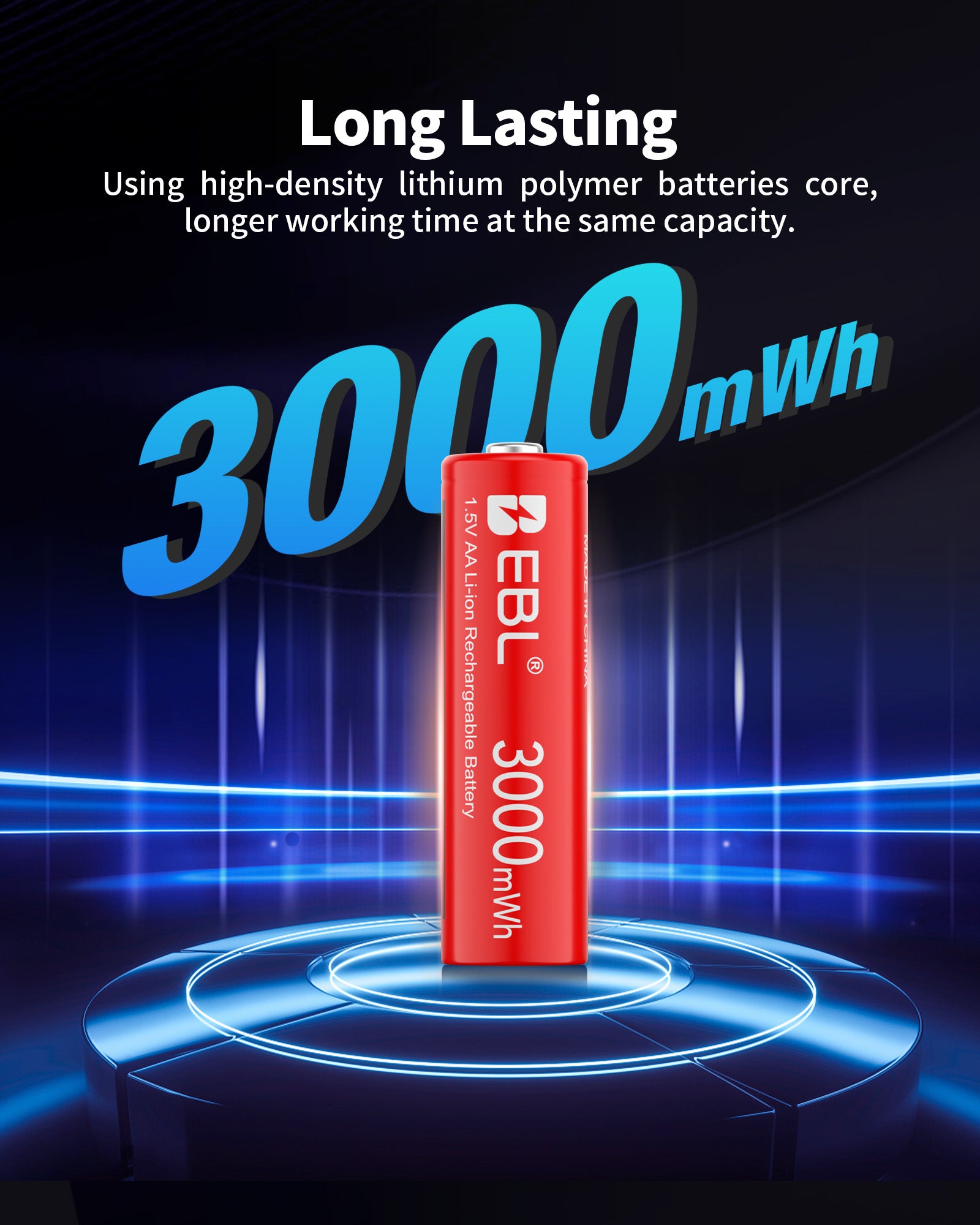
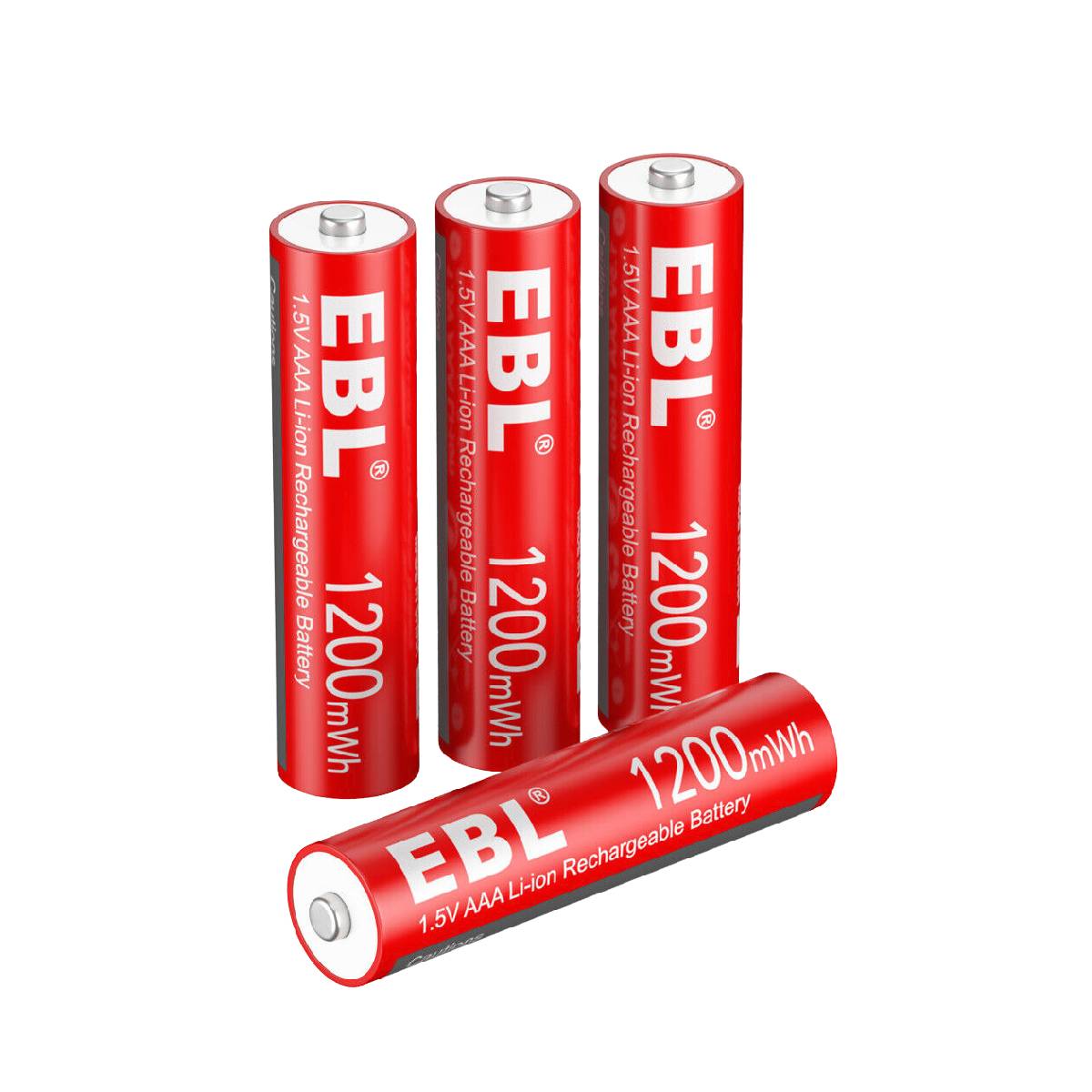
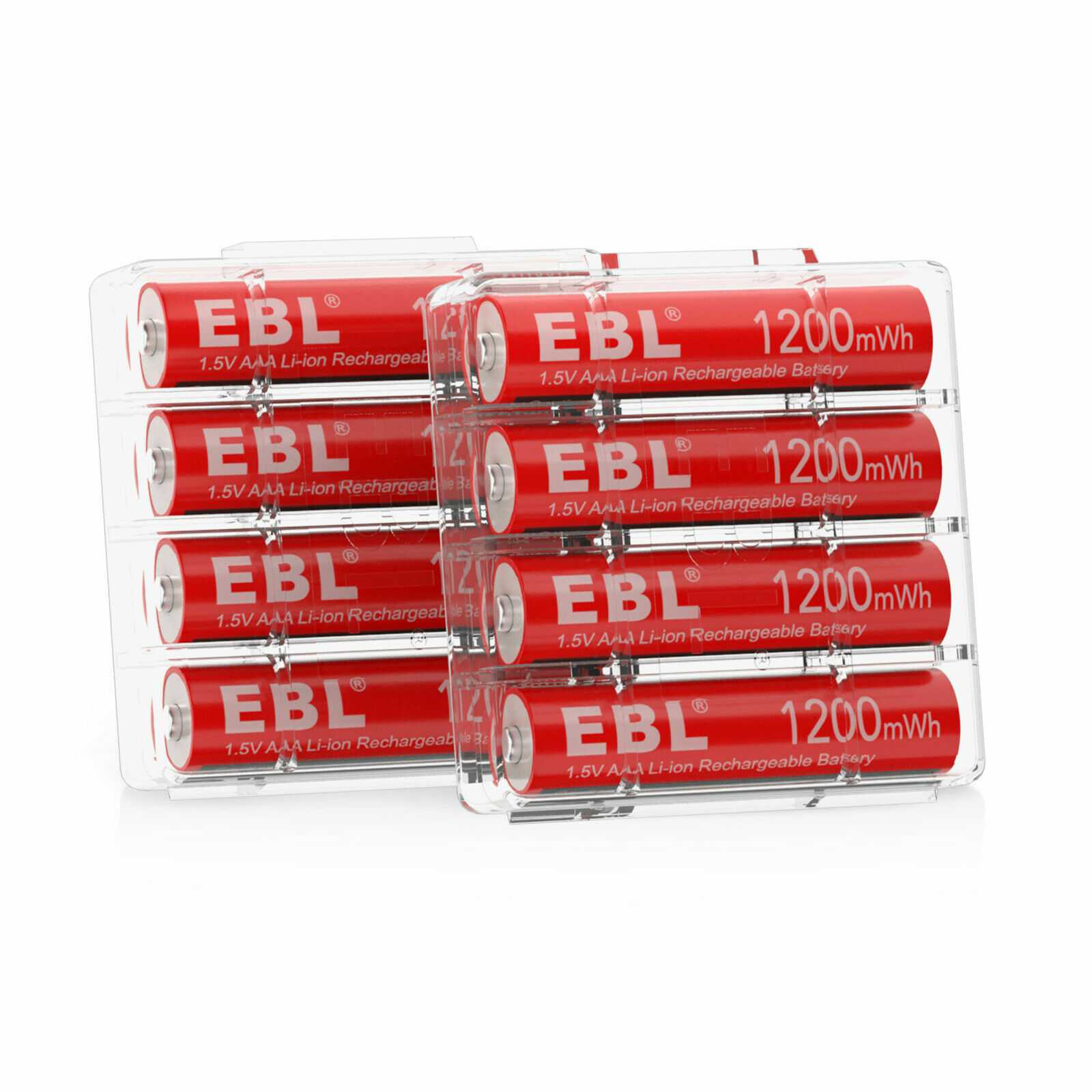
Leave a comment
All comments are moderated before being published.
This site is protected by hCaptcha and the hCaptcha Privacy Policy and Terms of Service apply.